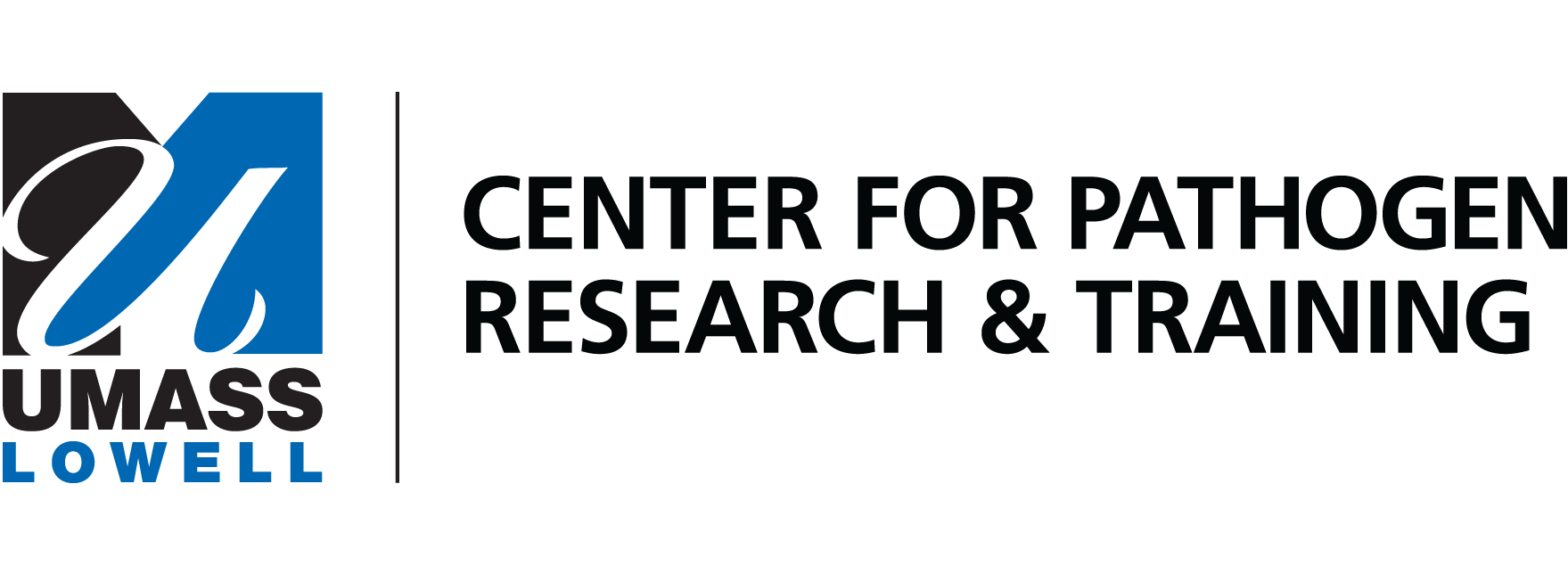
Microorganisms, including viruses, bacteria, fungi, protozoa, and worms, are ubiquitous in nature. They can benefit humans, plants, animals and the natural environment by producing oxygen, providing nutrients, and decomposing organic matters. Microorganisms can also be pathogenic. Certain infectious microorganisms can cause widespread diseases, like HIV, tuberculosis, influenza, and COVID-19. Fundamental human needs such as clean water, secure food and safe living environment can be drastically impacted when such resources are infected or contaminated by deadly pathogens.
The fight against pathogens calls for multidisciplinary approaches and collaborative efforts. The current COVID-19 pandemic has highlighted the critical importance of interdisciplinary efforts in combating such outbreak, from innovative scientific discoveries and technological developments, to trained workforce and public outreach. The Center for Pathogen Research and Training (CPRT) focuses on new technology development, fundamental investigations, clinical translation, student training, service and outreach to communities. The goal is to establish CPRT as a Center of Excellence in research, training, and technology development, providing vital solutions in combating pathogen-caused infections, antimicrobial resistance, and environmental contaminations.




